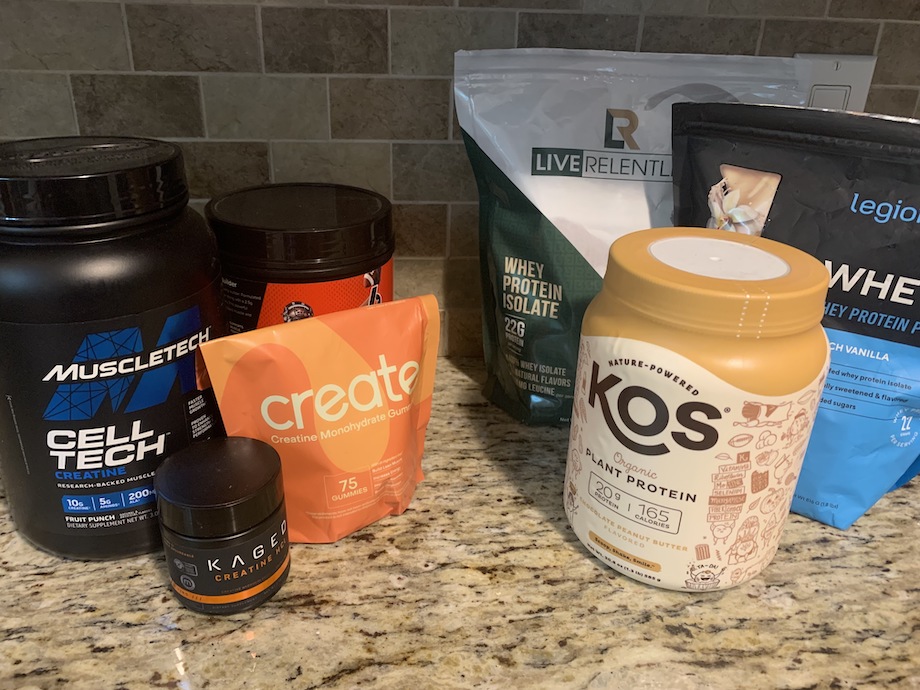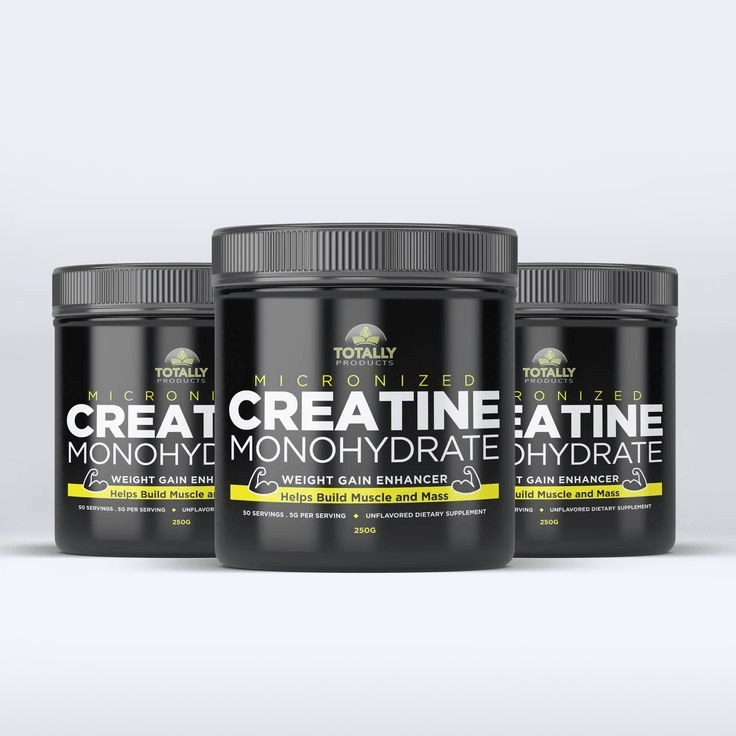What Can I Mix Creatine With

Creatine, a naturally occurring compound found in muscle cells, has become a staple supplement for athletes and fitness enthusiasts seeking to enhance performance. But the question often arises: what is the best way to consume it? The answer isn’t always straightforward and depends on individual goals and preferences.
This article delves into the science-backed recommendations on what to mix creatine with to maximize its absorption, effectiveness, and overall benefits. We'll explore the interplay between creatine and various liquids and supplements, considering potential synergistic effects and highlighting factors crucial for optimal results. Navigating the options requires understanding the physiological mechanisms behind creatine uptake and the potential influence of different co-ingested substances.
Water: The Foundation
The simplest and most common method is mixing creatine with water. Water is a neutral solvent and allows the creatine monohydrate powder to dissolve effectively.
This method works well for many individuals, especially those who are new to creatine supplementation or are looking for a straightforward approach. It is also readily available and inexpensive.
Juice: A Sweet Boost?
Some individuals prefer mixing creatine with juice, particularly fruit juice. The sugars in the juice may help with creatine uptake, theoretically.
The reasoning is that insulin, released in response to carbohydrate intake, can enhance creatine transport into muscle cells. However, the increased sugar intake may not be desirable for everyone, especially those monitoring their carbohydrate or sugar consumption.
Consider the type of juice – natural, unsweetened juice is preferable to those with added sugars. This ensures some potential benefit while limiting the downsides of excessive sugar consumption.
Protein Shakes: Synergistic Effects
Combining creatine with protein shakes is a popular and practical strategy. Protein shakes provide essential amino acids for muscle repair and growth, complementing the performance-enhancing effects of creatine.
This combination offers a convenient post-workout option for replenishing nutrients and supporting muscle recovery. The protein and carbohydrates present in many shakes may also contribute to improved creatine uptake.
Furthermore, blending creatine into a protein shake can mask any potentially unpleasant taste or texture of the creatine powder itself. This makes it a more palatable option for some users.
Creatine and Carbohydrates: Insulin's Role
The link between creatine and carbohydrates is rooted in insulin's influence on creatine transport. Insulin is a hormone that helps move nutrients, including creatine, into cells.
Consuming creatine with a source of carbohydrates can stimulate insulin release, potentially leading to greater creatine uptake by muscle tissues. This has been the subject of some studies.
However, it is important to choose carbohydrate sources wisely. Opt for complex carbohydrates like whole grains over simple sugars, as they provide a more sustained energy release and avoid drastic blood sugar spikes.
Creatine and Beta-Alanine: A Powerful Duo?
Some studies suggest that combining creatine with beta-alanine may offer synergistic benefits for athletic performance. Beta-alanine helps increase muscle carnosine levels, which buffer against muscle fatigue.
The combination of improved power output from creatine and reduced fatigue from beta-alanine could lead to enhanced training capacity. This approach is gaining traction among athletes looking to optimize their training regimens.
However, more research is needed to fully understand the potential synergistic effects and optimal dosages of these two supplements combined.
Avoid Mixing With: Caffeine and Dairy?
While often debated, there have been concerns regarding mixing creatine with caffeine and dairy. Some older studies suggested that caffeine might interfere with creatine's effectiveness.
However, more recent research has largely debunked this myth, showing that caffeine and creatine can be safely consumed together. Dairy also doesn't directly inhibit creatine, but some individuals may experience gastrointestinal discomfort when combining the two.
It’s important to listen to your body and adjust your supplementation strategy accordingly if you experience any adverse effects.
Considerations for Absorption and Timing
The timing of creatine consumption can also influence its absorption and effectiveness. Many experts recommend taking creatine around workout times, either before or after training.
This allows for efficient transport into muscle cells when they are most receptive to nutrient uptake. Consistency is key when taking creatine, therefore, it’s important to consider taking it around similar times on both training and non-training days.
Individual absorption rates can vary, so experimenting with different timing strategies may help optimize results. Consistency is key!
Individual Needs and Preferences
Ultimately, the best way to mix creatine depends on individual needs and preferences. Factors such as dietary restrictions, training goals, and personal taste preferences can all influence the optimal approach.
It's crucial to consider any underlying health conditions or medications before starting creatine supplementation. Consulting with a healthcare professional or registered dietitian is always recommended, especially for those with pre-existing medical concerns.
Listen to your body and monitor its response to different combinations and timing strategies. This will help you fine-tune your creatine supplementation regimen for optimal results.
Looking Ahead: Future Research
Research into creatine continues to evolve, with ongoing studies exploring its potential benefits for various populations and conditions. Future studies may shed light on novel ways to enhance creatine absorption and utilization.
Further investigation into the synergistic effects of creatine with other supplements, such as beta-alanine and HMB, could lead to even more effective performance-enhancing strategies. These advancements will continue to refine our understanding of creatine and its role in optimizing human health and performance.
As our knowledge expands, the recommendations for creatine supplementation will likely become increasingly personalized and targeted to individual needs.

















